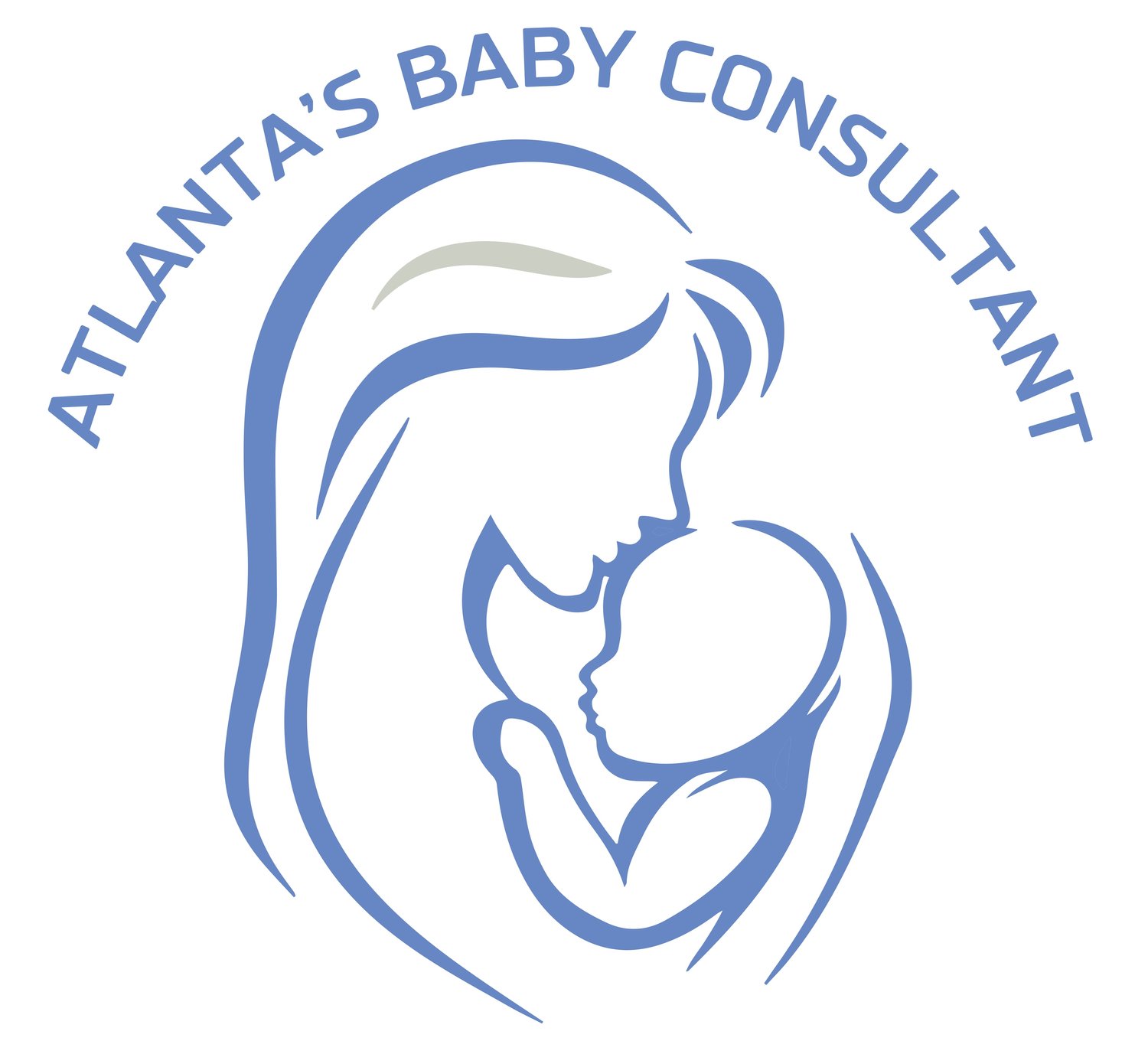In-Person Doula Training vs. Online Certification: Which Path Will Actually Prepare You for Real Births
In-Person Doula Training vs. Online Certification: Which Path Will Actually Prepare You for Real Births
Choosing how to train as a doula can feel overwhelming, especially when you're passionate about supporting families through one of life's most transformative experiences. You want to make sure you're truly prepared for real births: not just earning a certificate, but developing the skills and confidence to be the rock-solid support system that laboring parents desperately need.
The good news? Both in-person and online doula training can absolutely prepare you for real births. The key isn't necessarily which format you choose, but how committed you are to learning, practicing, and gaining actual birth experience. Let's break down what each path offers so you can make the decision that's right for your life, your learning style, and your doula dreams.
The Magic of In-Person Training: Learning Through Touch and Connection
There's something undeniably powerful about learning doula skills in person. When you attend a hands-on workshop, you're not just watching someone demonstrate a hip squeeze: you're practicing it, feeling how much pressure works, and experiencing it yourself when your training partner tries the technique on you.
This tactile learning experience is where in-person training really shines. You learn exactly where to place your hands for the most effective counter-pressure, how to position your body to support a laboring parent without straining your own back, and the subtle art of knowing when to offer touch and when to step back. These nuances are hard to pick up from a video: you need that real-time feedback from an experienced instructor who can adjust your positioning and guide your technique.
The immediate support and correction you receive is invaluable. When you're learning rebozo techniques or practicing different labor positions, having a trainer right there to say "try angling your hands this way" or "lean in a bit more" builds your confidence in ways that solo practice just can't match.
Beyond the technical skills, in-person training creates connections that often last throughout your doula career. You'll find yourself swapping stories over lunch breaks, exchanging contact information with future colleagues, and building a support network of other new doulas who understand exactly what you're going through.
But let's be honest about the challenges. In-person workshops typically require 2-3 consecutive days, which means taking time off work, arranging childcare, and potentially traveling. The costs add up quickly too: not just the workshop fee, but hotel stays, meals, gas, and parking. For many aspiring doulas, especially those juggling family responsibilities or living in rural areas, these logistics can feel impossible to manage.
The Flexibility Revolution: Why Online Training Opens Doors
Online doula training has come a long way from simple video courses. Today's quality programs offer interactive live sessions, mentorship opportunities, and comprehensive support that can rival in-person experiences: all while fitting around your real life.
The accessibility factor is huge. Whether you're a single parent who can't take three days off, someone living hours from the nearest training location, or dealing with health issues that make travel challenging, online training makes doula education possible. You can learn at 5 AM before your kids wake up, during lunch breaks, or after everyone's in bed: whatever works for your schedule.
Cost-wise, online programs typically offer significant savings. You're not just saving on tuition (though many online programs are less expensive), but you're also avoiding all those travel-related expenses. For many people, this price difference makes the dream of becoming a doula financially feasible.
High-quality online programs have gotten creative about addressing the hands-on component. Many offer interactive Zoom sessions where you can practice techniques with family members while getting guidance from instructors. Some provide detailed video demonstrations from multiple angles, and others connect you with local practice groups or experienced doulas for hands-on mentorship.
The learning pace flexibility is another major advantage. If you're someone who needs to replay certain sections to fully grasp the material, or if you want to dive deeper into topics that particularly interest you, online training lets you customize your learning experience in ways that fixed-schedule workshops can't.
However, you will need to be proactive about seeking out opportunities to practice physical techniques. The comfort measures that are so central to doula work: massage, positioning, breathing support: require hands-on practice that goes beyond what any video can provide.
What Really Prepares You for Birth: It's Not Just About the Classroom
Here's what many aspiring doulas don't realize: your initial training: whether in-person or online: is just the beginning of your birth preparation journey. The real learning happens when you're actually attending births, supporting real families through real labor experiences.
Most certification organizations require you to attend several births after your initial training. DONA International, for example, requires three births with comprehensive documentation of your support. These real-world experiences, combined with the feedback you receive from families and healthcare providers, are what truly prepare you for your doula career.
The families you support will teach you things no classroom can. You'll learn how to stay calm when labor takes an unexpected turn, how to support partners who are struggling with their own fears, and how to adapt your techniques to different personalities and birth preferences. These skills come from experience, not from your initial training format.
This means that regardless of whether you choose in-person or online training, you'll need to supplement with continued learning. Attend additional workshops, seek mentorship from experienced doulas, read voraciously, and stay current with evidence-based birth practices. The most skilled doulas are lifelong learners who never stop growing in their craft.
Making Your Choice: What's Right for Your Journey?
So how do you decide? Start by honestly assessing your circumstances and learning preferences.
Choose in-person training if you're someone who learns best through physical practice and immediate feedback. If you can manage the time commitment and costs without significant hardship, and if building in-person connections is important to you, this path might be ideal. Some people simply need that intensive, immersive experience to feel confident in their skills.
Consider online training if your life circumstances make extended travel or time away challenging. This could be perfect if you're balancing work and family responsibilities, living in a remote area, working within a tight budget, or if you prefer learning at your own pace with the flexibility to revisit complex topics.
Don't forget about hybrid approaches either. Some aspiring doulas complete online coursework for the theoretical foundation and then invest in shorter, specialized in-person workshops focused on specific physical techniques. This can give you the best of both worlds while working within your constraints.
Your Path Forward: Building Confidence as a Birth Support Professional
Remember, the format of your training matters far less than your dedication to the families you'll serve. Both in-person and online training can produce skilled, compassionate doulas who make profound differences in birth experiences.
What matters most is that you choose a reputable program, commit fully to your learning, seek out practical experience, and continue growing throughout your career. The parents you support will care about your presence, your knowledge, and your ability to advocate for their needs: not whether you learned your initial skills in a conference room or from your kitchen table.
At Atlanta's Baby Consultant, we've seen incredible doulas emerge from both training paths. The key is choosing the option that you'll actually complete and building from there with real birth experience and ongoing education.
You deserve to feel confident and prepared as you step into this meaningful work. Trust yourself to know what learning environment will serve you best, and remember that your training is just the beginning of a lifelong journey of supporting families through one of life's most powerful experiences. What questions do you have about choosing your doula training path? Share them in the comments below: this community is here to support you every step of the way.
Ready to train with ABC Birth Academy?
If you're feeling inspired to start—or take the next step in—your doula journey, we'd love to welcome you. ABC Birth Academy (by Atlanta's Baby Consultant) offers both in-person workshops and online certification options tailored to your learning style, pace, and schedule.
Prefer hands-on, face-to-face learning? Choose our in-person trainings.
Need flexibility and replayable lessons? Join our online certification cohorts.
Learn more or enroll today: visit https://www.ababyconsultant.com/labor-doula-training or contact us through our website for details. You deserve a program that meets you where you are and helps you grow with confidence.




